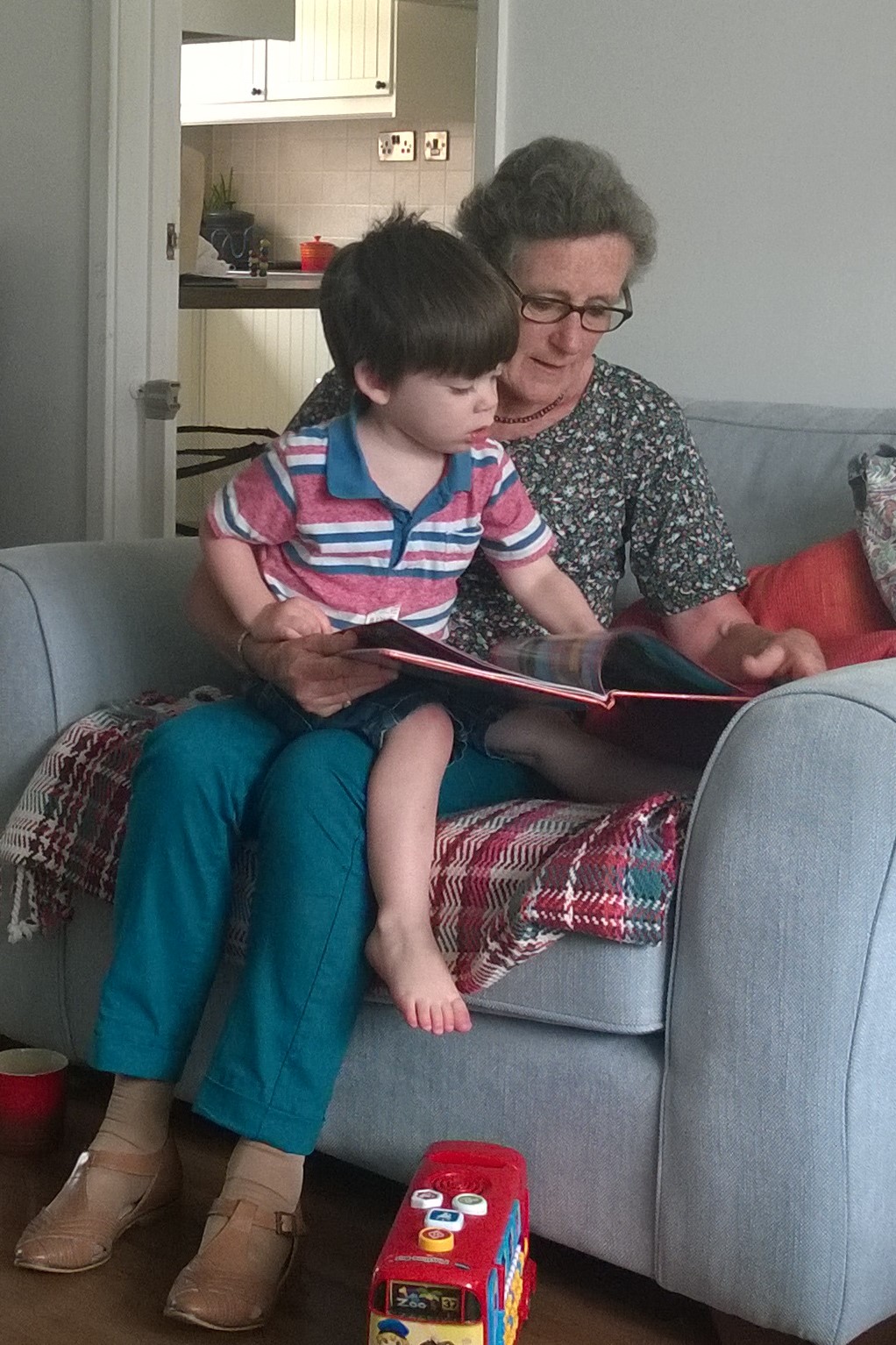Encouraging independence in children is a crucial aspect of their development. As parents or caregivers, it is essential to create an environment that fosters self-reliance and empowers children to take ownership of their actions and decisions. Here are six effective ways to encourage independence in your children:
1. Foster a sense of responsibility:

Teaching your children to take responsibility for their tasks, such as cleaning up their toys or completing their homework, instills a sense of accountability. Start by assigning age-appropriate tasks and gradually increasing their responsibilities as they grow.
2. Encourage decision-making:

Provide children with opportunities to make decisions. You can involve them in decision-making processes such as selecting their clothes or choosing what to eat for dinner. This promotes critical thinking and develops their decision-making abilities.
3. Cultivate problem-solving skills:

Encourage children to find solutions to challenges they encounter. Instead of offering immediate answers, guide them through the problem-solving process. This helps build resilience and enables them to develop creative problem-solving skills.
4. Provide opportunities for learning:

Expose children to a variety of learning experiences. Whether it’s through books, educational activities, or visits to museums, these opportunities expand their knowledge and spark curiosity. Encouraging a love for learning equips them with the tools for independent exploration.
5. Support their interests:

Recognize and encourage your children’s unique interests and passions. By supporting their hobbies, you help instill a sense of self and promote independence. This could be anything from sports to art, music, or even scientific pursuits.
6. Allow for autonomy:
Give children opportunities to make choices and express their opinions. Grant them age-appropriate independence, whether it’s allowing them to select their outfits, decide on extracurricular activities, or manage their pocket money. Empowering them to make decisions fosters self-confidence and independence.
Remember, encouraging independence in children is a gradual process. It requires patience and consistent effort. By implementing these strategies, you create an environment that nurtures self-reliance, critical thinking, and problem-solving skills, setting them up for success in the future.


